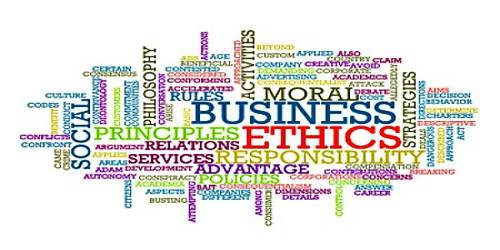Arguments for social responsibility in Business
Social responsibility is defined, as the obligation of decision makers to pursue actions which protect and improve the welfare of society as a whole, rather than only their oval interests. The major arguments for the assumption of social responsibilities by business are:
(a) Change Public expectations of business
Social expectations of business have increased dramatically since the 1960s. Public opinion in support of business pursuing social as well as economic goals is now well solidified.
(b) Better environment for Business
Involvement by the business can solve difficult social problems, thus creating a better quality of life and a more desirable community in which to attract and hold skilled employees.
(c) Public image
Firms seek to enhance their public image to gain more customers, better employees, access to money markets, and other benefits. Since the public considers social goals to be important, a business can create a favorable public image by pursuing social goals.
(d) Avoidance of government regulation
Government regulation adds economic costs and restricts management’s decision flexibility by becoming socially responsible, the business can expect less government regulation.
(e) Socio-Cultural norms
Society’s norms gradually are internalized by the businessman. If society moves toward morns of social responsibility as it is now doing, then the businessman is subtly & inevitably guided by these same norms.
(f) Balance of responsibility with power
Business has a large amount of power in society. An equally large amount of responsibility is required to balance it. When power is significantly greater than responsibility, the imbalance encourages irresponsible behavior that works against the public good.
(g) System interdependence requires social concern
Modem society is an interdependent world. Business and other institutions affect the quality of life, thus the logic of the situation that they must show concern about their external influences on the system.
(h) Stockholder interests
Social responsibility will improve the price of a business’s stock in the long run. The stock market will view the socially responsible company as less risky and open to public attack. Therefore, it will award its stock a higher price-earnings ratio.
(i) Business has the resources
Business has the financial resources, technical experts, and managerial talent to provide support to public and charitable projects that need assistance.
(j) Problems can become profits
Socially responsible, businesses tend to have more and secure long-run profits. This is the normal result of the better community relations and improved business image that responsible.
(k) Prevention is better than curing
Social problems must be dealt with at some time. Business should act on them before they become serious and costly to correct and take management’s energy away from accomplishing its goal of producing goods and services.














